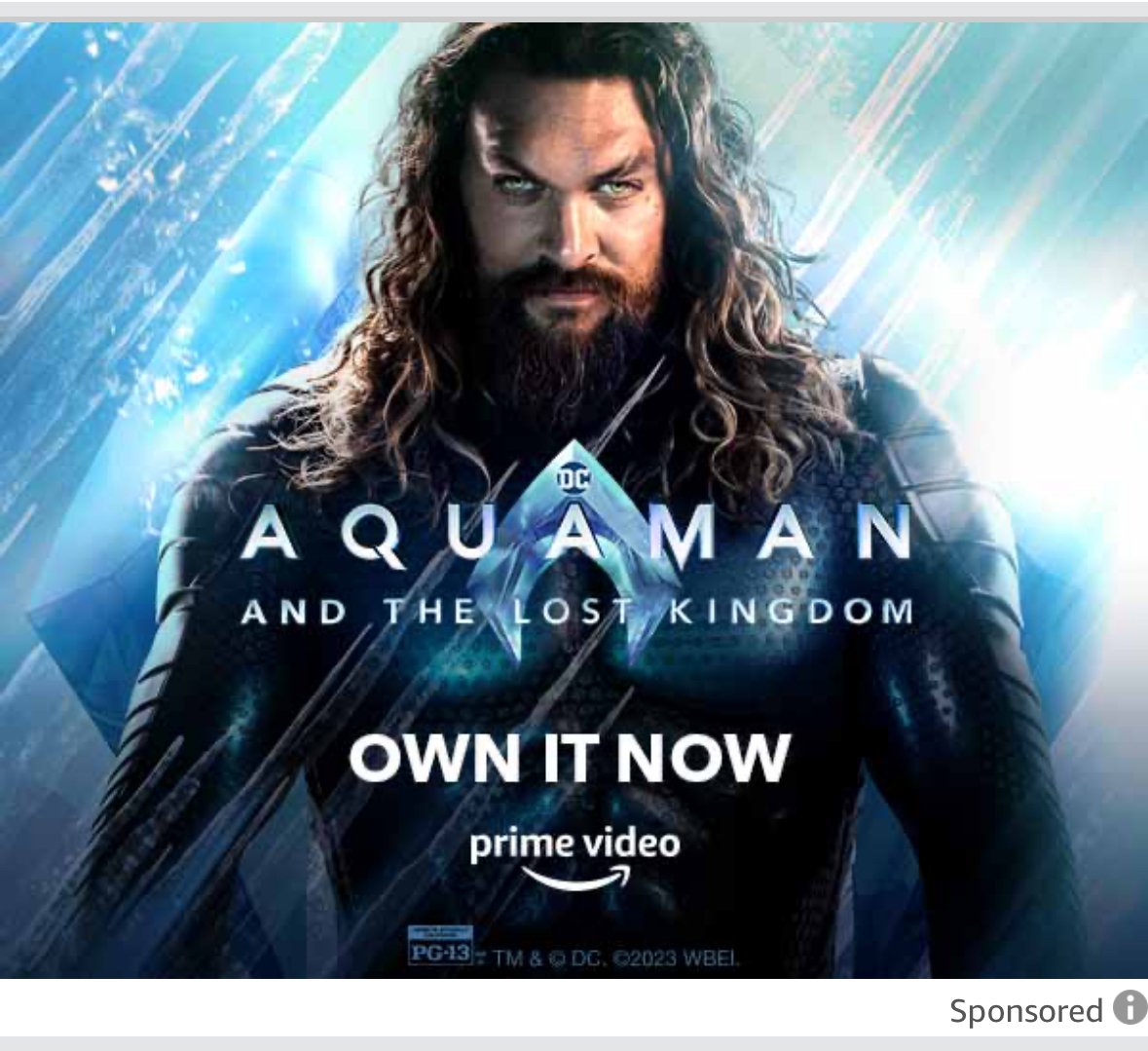this post was submitted on 23 Jan 2024
1089 points (97.6% liked)
Piracy: ꜱᴀɪʟ ᴛʜᴇ ʜɪɢʜ ꜱᴇᴀꜱ
55056 readers
351 users here now
⚓ Dedicated to the discussion of digital piracy, including ethical problems and legal advancements.
Rules • Full Version
1. Posts must be related to the discussion of digital piracy
2. Don't request invites, trade, sell, or self-promote
3. Don't request or link to specific pirated titles, including DMs
4. Don't submit low-quality posts, be entitled, or harass others
Loot, Pillage, & Plunder
📜 c/Piracy Wiki (Community Edition):
💰 Please help cover server costs.
 |
 |
|---|---|
| Ko-fi | Liberapay |
founded 2 years ago
MODERATORS
you are viewing a single comment's thread
view the rest of the comments
view the rest of the comments


They actually never mention the idea of you owning content in their tos https://www.primevideo.com/help?nodeId=202095490&view-type=content-only
It's "purchased digital content"
Which is exactly like physical media. You never owned it you bought a license to view it on that particular disk. But it also had limitations put on it.
If license ownership rights with digital custodians were as good as they are with discs, there would be no conversation happening right now. The difference now is that custodians will occasionally snap a finger and disappear your stuff, and you have no recourse.
It's not "exactly like" physical media. The license portion is a similar concept. But the difference is that the variables that determine whether I can keep watching the content whenever I want, in perpetuity, lie solely with me as the person who physically possesses the media. The corporation from which I purchased the license can't unilaterally decide to revoke my access to the content.